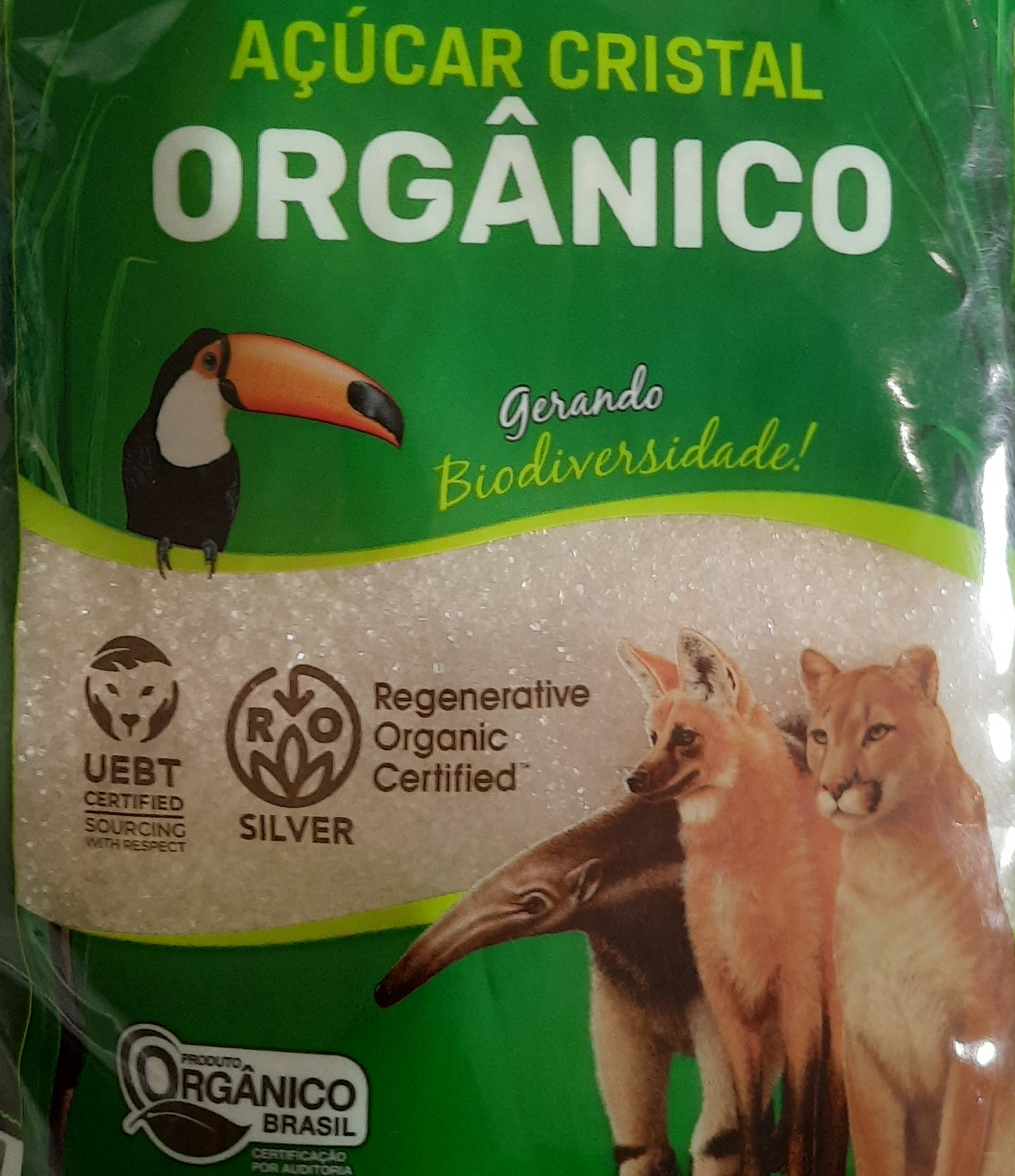Regenerative agriculture is gaining much interest in the food industry. It is receiving attention because of its sustainability benefits, however there are concerns about the growing number of schemes and marketing.
Agriculture generates about 25% of greenhouse gases, whilst conventional farming methods have caused biodiversity loss and soil erosion. Regenerative agriculture is mooted for its environmental benefits; it improves soil fertility, enhances biodiversity, sequestrates carbon, and can have socio-economic benefits. At the recent COP27 summit, regenerative agriculture was touted as one of the solutions to combat climate change.

The Regen10 initiative was launched at Sharm el-Sheikh (Egypt) last month. The multi-stakeholder initiative, financed by the Rockefeller Foundation and IKEA Foundation, is encouraging regenerative agriculture. The global platform plans to ensure that half of the world’s food supply comes from production methods that benefit “people, nature, and climate” by 2030.
Large food companies, including Unilever, General Mills and PepsiCo are also investing in regenerative agriculture. Nestlé has set a goal that 14 million tonnes – half of its total supply – of ingredients will come from regenerative farming by 2030. The food multinational works with over 600,000 farmers across the globe. At COP27, it announced that it will plant 10 million trees in Australia to scale regenerative agriculture practices. ADM has just announced that it plans to reach 1 million acres in regenerative agriculture in 2023.
In spite of high interest, adoption rates remain low. The amount of global agricultural land practicing regenerative practices is increasing by just 0.6% a year, according to the Sustainable Markets Initiative. Farmers are reluctant to convert to regenerative agriculture because of the absence of financial incentives. Government support and / or private sector investment are required to accelerate conversion rates.
Varying interpretations of regenerative agriculture are another issue, making it difficult to measure outcomes and environmental benefits. There is no standardised approach to measure the environmental benefits of regenerative agriculture. Ecovia Intelligence sees standards playing an important role: to provide a uniform definition of regenerative agriculture, its principles, and also to measure outcomes.
With high interest in regenerative agriculture, many new schemes are being introduced. The Regenerative Organic Certification (ROC) standard is a frontrunner. Introduced in 2020, the standard has been adopted by 98 farms and 33,151 smallholder farms that manage 315,612 acres of land area. The standard has three pillars: soil health, animal welfare, and social fairness.
The ROC standard has been adopted by almost 50 brands that include Patagonia, Lotus Foods, Nature’s Path and Alter Eco. The standard is gaining global traction, with projects implemented across continents and many new certified products. For instance, Native is producing sugarcane according to regenerative practices in the São Paulo state. Its Native regenerative organic sugar is highly visible in Brazilian retailers. Nature’s Path regenerative organic cereals are marketed in Europe, Asia, as well as in North America.
The Ecological Outcome Verified scheme of Land to Market is also highly popular. The regenerative agriculture standard has been adopted by over 80 brands in the food & fashion industry. Other schemes include Soil Carbon Initiative, A Greener World and Regenified. Leading certification agencies like Peterson Control Union (regenagri) are also launching their own regenerative agriculture standards.
As shown at the Sustainable Foods Summit, adoption rates for regenerative agriculture are projected to increase in the coming years. As more producers adopt regenerative practices, expect to see more food & beverages marketed on regenerative claims. With varying interpretations of regenerative agriculture and its principles, a concern is that consumers may become disenfranchised with such claims.
Ecovia Intelligence believes third party standards are the way forward. Not only do they provide specific criteria for regenerative agriculture to producers, they can also protect consumers from greenwashing.
Posted: December 9th 2022
For permission to publish our research insights, please contact our media department

